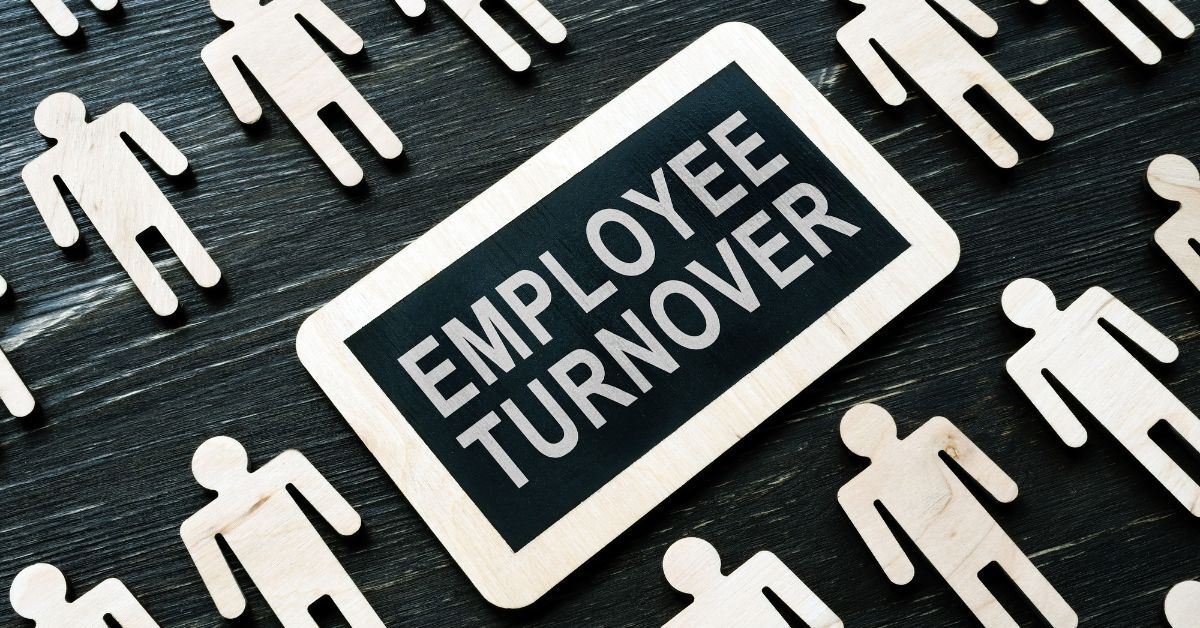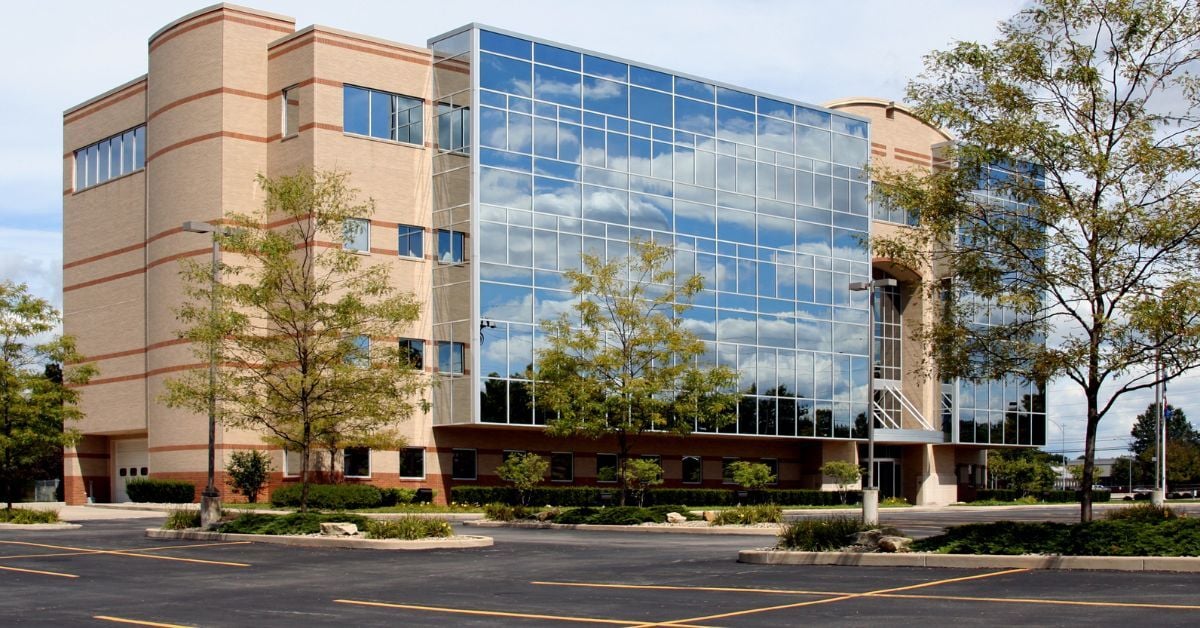If you’re considering buying a private practice, you must look at every detail of the business to decide whether you should acquire it or move on. One of the most critical aspects to look at is whether the practice has a high employee turnover rate.
If a business frequently loses workers, it can significantly impact its operations, profitability, and long-term success. This makes it essential to consider turnover when buying a business. This blog will review several causes of employee turnover and the consequences it can have for a new owner.
Possible Reasons for High Employee Turnover
There are several reasons why a private practice may experience employee turnover, ranging from the leadership to the industry itself. Read about each below to be better informed before making your next acquisition.
Poor Management
If you’re considering buying an accounting firm and discover that it struggles with retention, it may be due to its current leadership. Poor management often drives employees to leave when they cannot communicate effectively, delegate responsibilities properly, or treat employees respectfully. These shortcomings usually foster frustration in the workforce.
Supervisors who fail to provide support during challenging times risk lowering worker morale. For example, management that disregards employee feedback or consistently demands overtime without fair compensation signals deeper problems. Employees often lose trust and seek opportunities elsewhere.
Additionally, managers who are inconsistent in their leadership or show favoritism often generate resentment among their staff members. Employees who feel undervalued or overlooked may disengage or leave.
A Bad Work Environment
Workers will also seek better opportunities if a business has a toxic atmosphere. For example, a practice that allows employees to form cliques and spread office gossip may experience decreases in productivity and increases in absenteeism. This environment can leave employees dissatisfied, prompting exits. Even the condition of physical workspaces can contribute to turnover. Cramped offices, poorly maintained equipment, or unsafe conditions can cause employees to feel undervalued.
In addition, if a business’s policies don’t reflect modern expectations, they can also drive turnover. Rigid policies or outdated practices may deter talented individuals who demand proactive workplace environments. Instead, the culture should reflect modern expectations, like flexibility and work-life balance.
Labor Shortages
Finally, a business may also experience employee turnover due to insufficient labor. Positions requiring specific skills or qualifications often have fewer qualified candidates, intensifying competition among employers. A labor shortage means positions may remain unfilled for a long time, creating stress for remaining employees as workloads increase. Over time, these pressures exacerbate dissatisfaction, leading to attrition. Businesses in this situation require recruitment strategies tailored to attract and retain workers in competitive job markets.
What This May Mean for New Owners
After learning some of the reasons for employee turnover, it is important to look at what this may mean for you as a future owner. Below, we’ll explain why it is important to consider turnover when buying a business.
The Business May Have a Bad Reputation
If you are considering purchasing a private practice with high turnover, you may be buying one with a poor public reputation. Employees frequently share workplace experiences through reviews or word of mouth. Potential hires may hesitate to apply for positions if the company consistently receives negative feedback about its culture or management.
Furthermore, a poor reputation extends beyond current or former employees. Vendors, partners, or possible customers often notice trends in employee reviews, affecting trust and relationships. Businesses with a damaged reputation find it harder to stabilize operations and regain credibility. Prospective buyers must consider the time and effort required to rebuild reputational trust.
It May Have Lost Customers
A high rate of turnover can also affect client loyalty. High employee churn frequently disrupts the client experience due to gaps in service or missed deadlines. This can drive long-standing clients to take their business elsewhere.
Worker turnover can also disrupt customer-employee relationships. When trusted representatives leave, clients lose familiar points of contact, reducing their confidence in a business. Buyers purchasing such organizations must work on rebuilding trust with those clients. They should evaluate whether implementing better training or improved customer engagement strategies would be feasible once they acquire the business.
You May Have To Change the Operating Model
Consistently high turnover often signals operational inefficiencies. When employees repeatedly leave, underlying systems or processes may contribute to dissatisfaction. Isolated inefficiencies strain team productivity, causing stress and leading many to reevaluate their decision to remain with the business.
For example, outdated technology or poorly defined workflows might frustrate staff trying to meet deadlines. Similarly, strict policies with limited flexibility leave employees less inclined to stay. Operating models with repetitive challenges will create persistent churn unless properly addressed.
New owners must decide how to approach structural challenges. Streamlined workflows, updated technologies, or revised employee policies can provide better functionality and happier staff. However, operational improvements often require investment, which prospective buyers should factor into their decision-making.
You Will Have To Hire New Employees
Employee turnover, by nature, leads to hiring responsibilities. A business with high churn will require frequent recruitment efforts. Whether through job board postings, recruitment agencies, or referral programs, hiring remains an ongoing and often resource-intensive task.
The financial costs of recruiting, onboarding, and training new employees can quickly accumulate. Beyond finances, the time required to integrate new hires can impact short-term productivity, as current employees may shoulder additional workloads during transitions.
Buyers should anticipate the challenge of building a stable workforce. Interviews, competitive compensation, and fostering company loyalty will contribute to successfully maintaining staff. Those purchasing a business dealing with consistent turnover must evaluate whether they possess the resources and strategy required to stabilize staffing.
Examining employee turnover gives prospective buyers a deeper understanding of a business’s value. By learning about the causes of turnover and their implications for new owners, you can make a more informed choice when buying a private practice.
You can also make a smarter purchase with the help of Private Practice Transitions. Our staff can show you companies that fit your needs and guide you through the negotiation process so that you can experience a simple and smooth transition.







